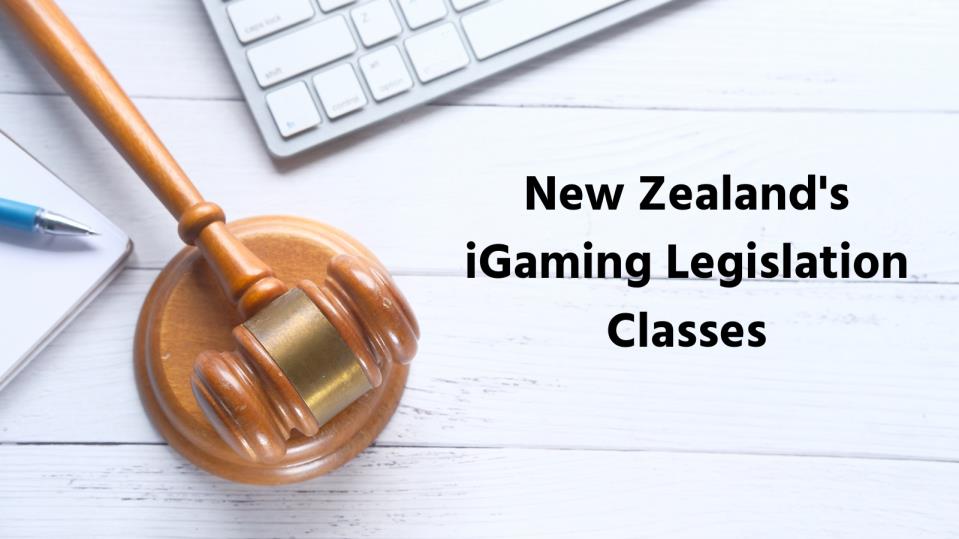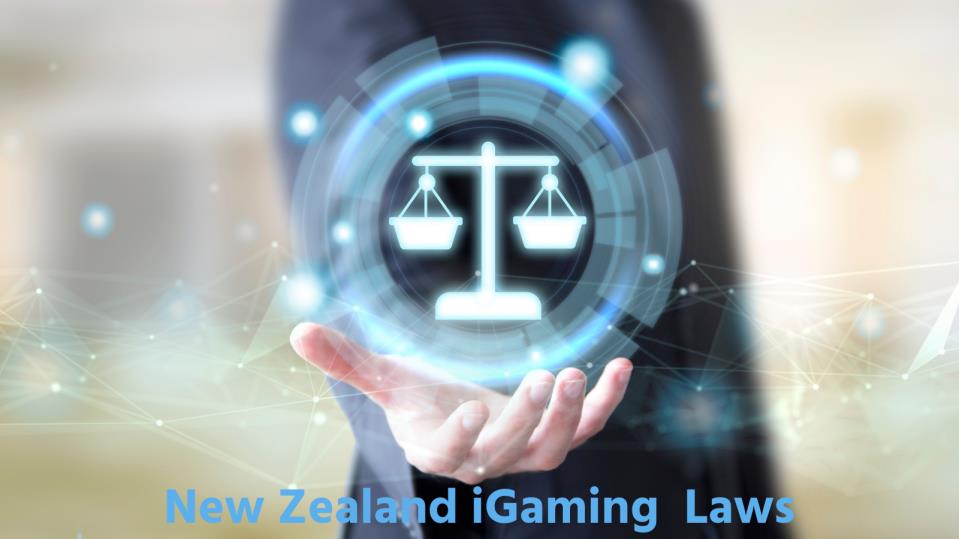iGaming could be a great source of revenue for the government due to the exponential growth rate of the market seen in the last decade. But igaming, if left unregulated, could drain a country's economy and expose its citizens to scams. The government of New Zealand passed the Gambling Act in 2003 to safeguard its citizens from the evil of the igaming industry.
The act strictly prohibits remote interactive gambling and overseas advertising gambling. Moreover, the act specifies the maximum winning amount and maximum potential turnover for gambling and its rewards. This act mentions who can and who cannot play gambling games at NZ online casino and participate in gambling. The laws of the act have been reviewed and updated considering New Zealand's current gaming expenditure. New Zealand's iGaming Legislation Classes

The regulation of iGaming in New Zealand classified various gambling activities into four different categories or classes. Each such type of activity has its own set of rules that an operator must follow.
Class 1
Class 1 laws are for games that do not involve commission sharing between the gambling site operator and the player. According to the law, only an authorized representative of the gambling operator could receive or offer wages to the player.
Few more regulations this class of law are:
- The winning prize should not exceed 500 US dollars. The law is valid for cash and non-cash awards such as added spins, bonus offers, etc. Neither of their maximum prizes should exceed the said amount.
- The operators should issue the profit made from the gambling activity according to the rules of the law.
- Gambling activities under these classes do not need any license, but they should abide by all the law rules.
Class 2
Like Class 1, Class 2 gambling activities also involve no commission games where the player does not receive or pay any commission to the operator. The operator should not even offer any commission to the player. Some of the laws for this class of activities include
- The prize value should not be more than 5000 US dollars. The law is applicable for both cash and non-cash rewards. But the maximum turnover for class 2 is allowed to be 25000 US dollars.
- It does not require any licensing but must follow all the necessary rules.
- Class to gambling activities should be run only by a registered society and not by individuals. The community must obey all the rules mentioned in the act.
- The operators should provide an adequate consumer description to the customers during selling tickets for a particular game. The report should contain all information about the game and the process used to select the winner. It must include the operator's name, date, number of tickets bought, the winning rewards, and retail value of the non-cash prizes.
Class 3
The Class 3 activities of this class are commissioned, and the department of internal affairs is responsible for monitoring them. Only when the department finds the activity feasible in terms of finance, the action is approved. Housie, large-scale lotteries, instant games, gaming sessions, etc., fall under Class 3 gambling. Some other gambling laws for Class 3 activities include
- The winning prizes of such actions should not exceed 5,000 US dollars for one session for both cash and non-cash rewards.
- Only a registered operator must run such operations. Corporate society is allowed to operate games like a house.
- A gambling site operator must have an appropriate license to run class 3 activities on their site.
- Class 3 gambling activities should not use any machines during the game session. Even indirect use of devices is prohibited.
- According to the law, the profit must be returned to the community. Thus, operators for this class must have an authorized purpose to raise the money from class 3 gambling activities.
Class 4
Class 4 gambling activities include various games played in online casinos or gaming websites. Only this class of games are allowed to use machines for their game sessions. Machines used in class 3 activities include slot machines, electronic roulette and poker machines, video poker machines, etc. Some of the laws enforced on such activities are
- Only a corporate gambling operator or society is allowed to run such activities on their sites.
- It is illegal to host such activities without proper licensing for authorized bodies.
- Like class 3, its profits should also be used in the welfare of the community. The operator must provide an authorized purpose to raise the money through class 4 activities.
Concluding Thoughts

The jurisdiction for iGaming, including gambling, is adequate for protecting its citizens against scams and harmful effects of the gambling world. The laws allow players in New Zealand to engage in offshore and domestic gambling.
The rules need to be followed by the gambling operators and regulated by the authorities appropriately. At the same time, the citizens should also stay away from illegal gambling malpractices and check for licensing before indulging in class 3 and class 4 gambling activities.
This article is sponsored content